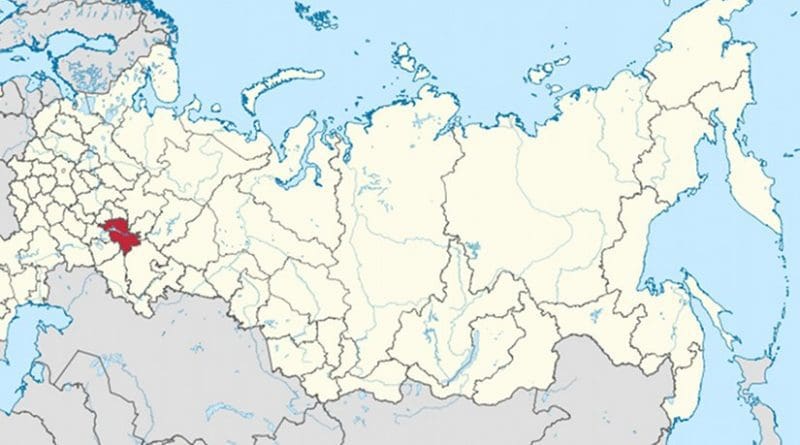Tatarstan Names An Ethnic Russian As Prime Minister – OpEd
By Paul Goble
Aleksey Pesoshin has been confirmed by Tatarstan’s State Council as the republic’s fifth prime minister since 1991. He is the first ethnic Russian among them, but he is a native of Kazan and, while a mathematician and technocrat, is very much part of Kazan’s political establishment.
That Pesoshin is an ethnic Russian may forestall Moscow criticism of President Rustam Minnikhanov as Tatarstan pursues the renewal of its power-sharing agreement with the Russian government, but that he is a native of Kazan and part of its establishment likely means that he will not pursue any radically new policies within that Middle Volga republic.
Pesoshin, 53 and the scion of Russians who were evacuated to Tatarstan during World War II, was trained and worked as a mathematician for much of his adult life. He then went into business there before shifting to administrative work in the government, working first in the Kazan city government and since 2014 as first deputy premier.
Reaction is only beginning to come in, but Alina Grigroyeva of Radio Liberty’s Tatar-Bashkir Service has interviewed several specialists about what Pesoshin’s rise to the prime ministership means (idelreal.org/a/28434426.html).
Political analyst Sergey Sergeyev says that Pesoshin is in some ways very different than the man he replaces, Ildar Khalikov. Pesoshin is a mathematician and production manager while Khalikov is a lawyer and a financial specialist. Moreover, “Pesoshin is an ethnic Russian while Khalikov is a Tatar.”
But what the two men have in common, the analyst continues, is “more significant.” They both are part of permanent government and “informal ‘party of power.’” And that suggests that Pesoshin in his new role will not make “any revolutionary changes,” at least not on his own.
Ruslan Aysin, another analysts says, that the only difference that really matters is that Pesoshin is likely to be tougher and more demanding and that he will serve as a reliable defense for Minnikhanov against criticism from Russians that he is too much a Tatar nationalist. The republic president can point to this appointment as evidence of the contrary.
From Minnikhanov’s perspective, Pesoshin has an additional advantage. A technocrat, “the new prime minister should be equally distant from all political influence groups, devoted to [the Tatarstan president] and not have any particular political ambitions” beyond the post he now has.
And Artur Khaziyev, the leader of the European Tatarstan group, says that Pesoshin’s appointment shows two things: “the final strengthening of the technical rather than political role of the office of prime minister” and the fact that the new man is someone “from the republic and not from the outside or the federal center.”
A commentary in Kazan’s Business-Gazeta today offers almost exactly the same combination of assessments (business-gazeta.ru/article/343167).

